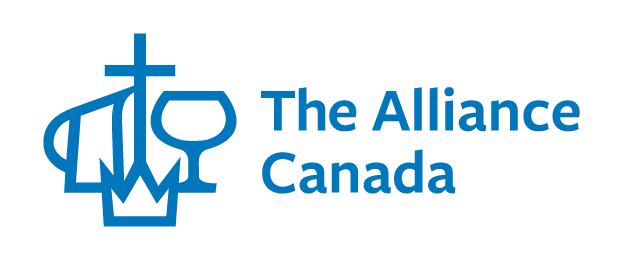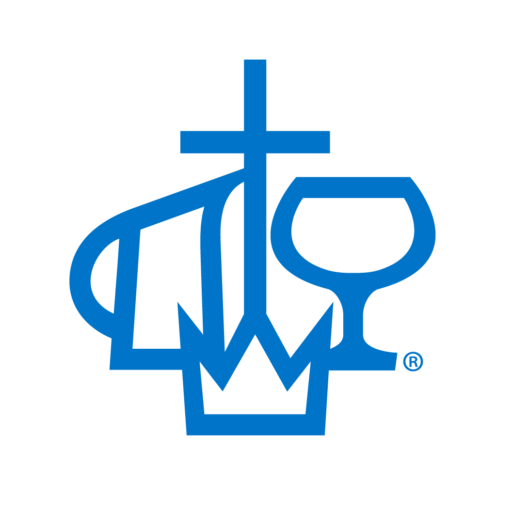Tuareg
Way of Life
Drought and rebellion shape today's Tuaregs. In 1972, the worst drought in 50 years struck the Sahara, forcing many to travel south in search of pastures for their herds. Resulting in land and government conflict, loss of animals, and urbanization.
In 1990, young Tuaregs threatened the government with arms due to poor materialization of promised schools, land, and food. A rebellion was declared, the military was flown in and they tortured, shamed, and killed Tuaregs. The government later tried to integrate Tuaregs through granting of military and political positions.
Now, the majority of Tuaregs live in isolated, insecure regions of the Sahara Desert and Sahel. A traditional Tuareg diet consists of meat (especially goat), milk, dates, grains, and tea. They rarely eat fresh vegetables. Tuaregs traditionally live in small, lightweight leather tents or grass huts. Tuareg clothing is loose and lightweight. Men wear turbans while women wear head scarves. Tuaregs often enjoy their desert music featuring electric guitar, as the young increasingly assimilate more Western urban wear.
Profile
Pronunciation: twa-reg
Word Population: 1,035,000
Location: Niger, West Africa
Ethnicity: Tuareg
Language: Tamajaq, Tawallammat
Religion: Islam
Professing Christian: 0.01%
source: https://joshuaproject.net
Beliefs & Culture
Tuaregs tend to be isolated and protective of their freedom of movement, traditions, and language. 99.99% are Sunni Folk Muslims, with a passive form of Islam infused with folk beliefs and magic. Christians have historically been ostracized by the Tuareg community and family members, including parents and spouses because false beliefs about what Christians believe and do circulated.
Their illiteracy rate is higher than average for Niger with few Tuaregs encouraged to pursue formal education. They often face discrimination from other ethnic groups and the government.
The Tamajaq Tawallammat language is a Semitic language. The Gospel is poorly received with an unspoken passive resistance towards it. Though Tuaregs are not outwardly hostile towards non-Tuareg Christians they tend to hold firmly to Islam because of a fierce loyalty to families and cultural identity.
The Work So Far
Modern mission focus on Tuaregs began with Serving in Mission (SIM) in 1962 with trekking, song-writing, storytelling, and Bible translation. Three Bible translators were among the first believers in the 80’s and 90’s. They faced heavy social persecution and today there are still fewer than 0.01% of Tuaregs who are believers.
The beginnings of the C&MA in Canada's involvement in Tuareg ministry began through prayer after Dennis and Dorrie Hansen visited Tuaregs in Mali in 1987. Twenty-four years later, in 2001, they arrived in Niger to start work among Tuaregs.
The C&MA has approached ministry through holistic relief and development projects and social programs as part of sharing the Gospel. Prior to growing instability in the west of Niger, this included rural outreach until 2009.
Presently, C&MA ministry includes development with an urban men’s cooperative, school bursaries and tutoring, and a second-chance sewing school for at risk girls. A C&MA men’s welding school operated 2015-2017 with most of the graduates employed as welders today. The New Testament was published by SIM and Wycliffe in 2016 in Tamajaq Tawallammat, the eastern Tuareg language. The C&MA assisted in producing the Arabic script version and Android and iOS applications of the New Testament. In more recent years the C&MA has also been involved in more traditional Tuareg discipleship, including re-starting annual Tuareg Bible Camps beginning in the summer of 2017, nine years after the last camp.
“
...ministry through holistic relief and development projects...
”
How to Pray for the Tuareg
Pray for courage, boldness and a deeper faith for believers as they face persecution from family, friends, and society.
Praise God for the increasing respect for Christians.
Pray for more international workers, for encouragement, and for progress in present ministry efforts.
Partner with us
Help us bring access to Jesus to the Tuareg and other least-reached people groups by donating to the Jaffray Project.

